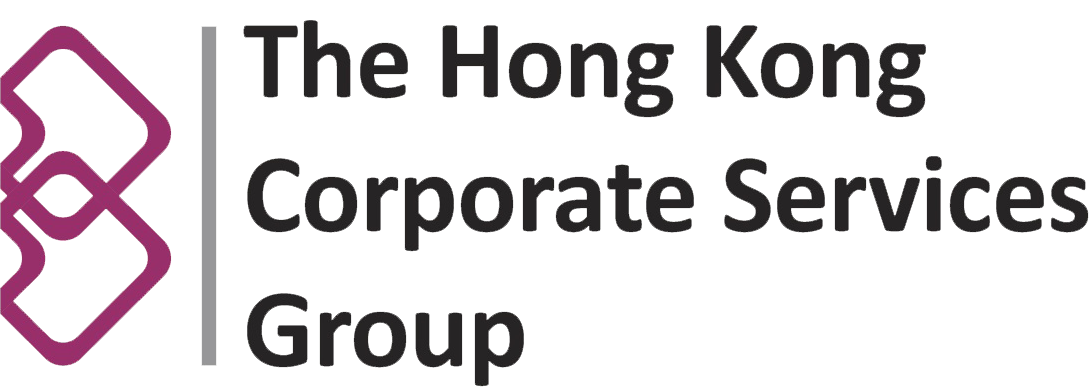The Hong Kong Governments‘s prudent approach to maintaining a high level of reserves, though frequently criticised in the past, has enabled the Hon Paul Chan, the Financial Secretary, to focus on stabilising Hong Kong’s economy and relieving people’s burdens in handing down his 2021-22 Budget.
Despite estimating a budget deficit of HK$257.6 billion for the fiscal year 2020-21 the Government’s fiscal reserves are expected to be HK$902.7 billion as at 31st March 2021. The fiscal reserves at 31st March 2021 represent 13 months of government expenditure, which although considerably less than the 23 months of two years ago, is likely to be envied by many developed economies.
The Financial Secretary is looking to maintain an equivalent level of reserves through the next five years. With a deficit of HK$101.6 billion budgeted for 2021-22 and relatively small deficits for the succeeding three years before the economy returns to surpluses the Government will be under pressure to control its recurrent expenditure.
The current deficit has arisen primarily as a result of the necessity to fight the pandemic and to provide assistance to the people and businesses of Hong Kong. The Government’s budget continues to provide much-needed assistance to those who have been badly affected by the COVID-19 pandemic.
The Government’s revenue is estimated to be HK$543.5 for the fiscal year 2020-21, HK$29 billion less than the original estimates, this shortfall being primarily due to the lower-than-expected revenue from land premium. Undoubtedly, the HK$31 billion hole in land premium collections was due to the Government’s deferment of putting up for tender a high-value commercial site. Collections of Profits Tax, Salaries Tax, and Stamp Duty achieved or exceeded predictions.
Support had been voiced for raising additional revenue through increases in the rates of taxation and the introduction of new taxes. With the exception of increasing Stamp Duty on the transfer of shares from 0.1% to 0.13% of the consideration payable for both the buyer and seller, the Financial Secretary has taken the position that this was not the right time to raise revenue through taxation particularly when there is high unemployment and material pressure on businesses, especially retail and tourism.
Clearly, such a decision was made easier by the level of the government’s fiscal reserves. Thus, the top rate of profits tax and salaries tax remains at 16.5% and 15% for corporates and individuals respectively.
To help alleviate the financial stress on individuals the Financial Secretary has continued with his preferred package of sweeteners that include a reduction in salaries tax, subject to a ceiling of HK$10,000, rates and electricity concessions, an additional allowance for eligible social security recipients etc. Such concessions are welcome but hide the fact that there has been no increase, even for inflation, in the basic personal allowance since 2016-17 and in child allowances and dependent grandparent allowances since 2018-19.
Individuals will not be given a cash rebate this year instead the Government will issue to each Hong Kong permanent resident and new arrivals aged 18 and above electronic consumption vouchers in instalments with a total value of HK$ 5,000. Whilst this has the secondary benefit of supporting the retail industry, I am sure that there will be a sector of the community who would have preferred to have received cash.
Sweeteners for businesses are not dissimilar in that the Government is to provide a reduction in profits tax, subject to a ceiling of HK$10,000, rates, sewage and water concessions, waiver of the business registration fee and the granting of a concession for rent of government properties.
For those of us who are interested in international taxation we need to wait and see what impact the new proposals being drafted by the OECD, with regard to a global minimum tax rate and a digital tax, will have on Hong Kong. What is certain is that Hong Kong will “actively implement “the proposals but will seek to minimise the impact on SMEs.
The Financial Secretary has sought to use the resources available to him to fight the COVID-19 pandemic and to assist the recovery of the effected industries. However, the more significant objective of the Government’s investment is to ensure that businesses embrace the economic “new normal” through the development of innovation and technology. To this end HK$200million has been earmarked to roll out “Knowing More About IT”, the injection of HK$9.5 billion into the Innovation and Technology Fund, the continued support of the 5G networks and the creation of R&D laboratories.
The importance of Hong Kong as an offshore financial centre for Mainland China, the development of its capital and bond markets, wealth management industry and a favourable location to establish a family office are given due prominence. Inflation-linked retail bonds and Silver Bonds are to be issued at not less than HK$15 billion and HK$25 billion respectively and green bonds in an amount of HK$175.5 billion will be issued over the next five years. Subsidies are also to be made available to attract Open- ended Fund Companies.
Measures have been proposed to improve the livelihood of the community, improve the quality of living, social care and confirmation of the Government’s commitment to increasing public housing.
Whilst the Financial Secretary has had the luxury of an exceptionally high level of fiscal reserves to enable him to pilot Hong Kong through the turbulance caused by the USA – China relations, social unrest and the COVD -19 pandemic he has undertaken to tackle government expenditure and to invest Hong Kong’s resources in a manner that reflects the changing direction of the global economy, thereby enabling Hong Kong’s industry to embrace the challenging landscape. Whilst Hong Kong is ideally placed to do this it is very clear that the Government sees the success of its initiatives inextricably linked to the economy of Mainland China and more significantly to being an integral part of the Grater Bay Area initiative. Whilst the impact of the pandemic will still be felt in the coming year Hong Kong has the fiscal resources to weather the storm and take advantage of the changing business environment.


